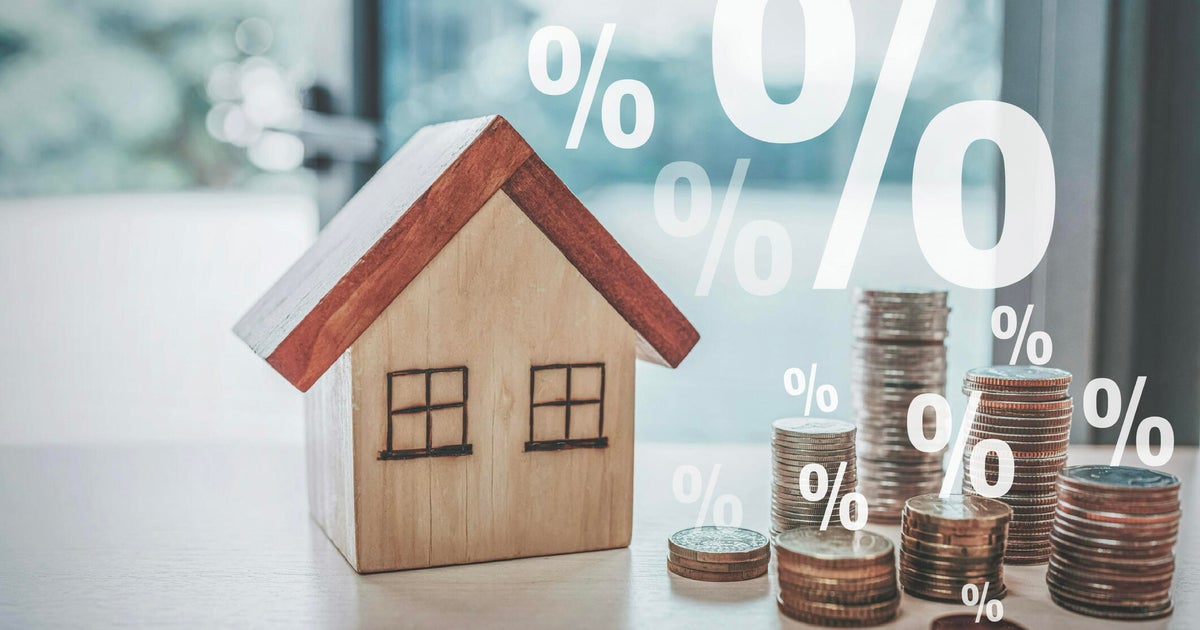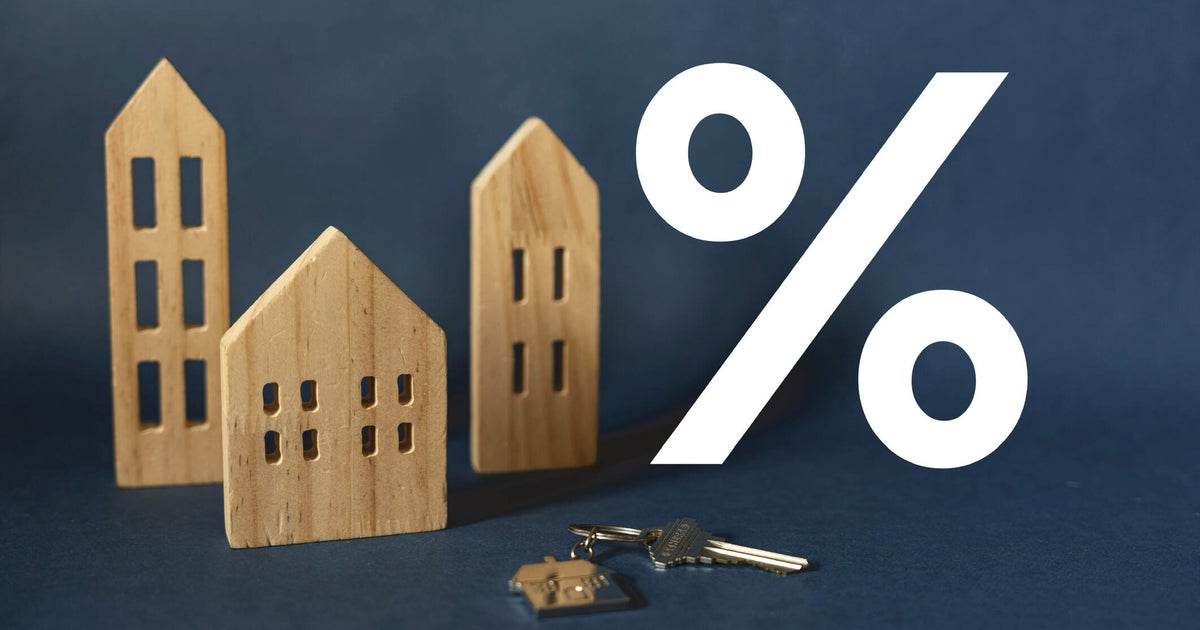Personal loans vs. credit cards: Which is better as interest rates drop?
Americans are carrying more debt than ever. In the second quarter of 2024, nationwide credit card debt hit a record $1.14 trillion, while personal loan debt reached $245 billion. These high numbers reflect the steep borrowing costs of recent years.
But inflation is cooling down, and many experts are now adjusting to what could be a series of Federal Reserve interest rate cuts. This shift could make borrowing more affordable.
So, which option is better as rates fall: personal loans or credit cards?
The answer isn't straightforward — it depends on your situation.
Henry Yoshida, certified financial planner and co-founder of Rocket Dollar, explains, "Credit cards are essential in a digital e-commerce environment. But [you may choose a] personal loan for [several] reasons such as credit card debt consolidation or to make a major purchase."
As rates drop, each option has its pros and cons. Let's find out what financial experts recommend in this evolving economic climate.
Considering a personal loan now? See how low of an interest rate you could secure here.
Personal loans vs. credit cards: Which is better as rates drop?
Personal loans often work best for large, fixed expenses or debt consolidation. Lauryn Grayes, founder of Wealth Gems Financial, illustrates this by noting that borrowers could potentially save thousands of dollars in interest by using a personal loan to pay off credit card debt versus the card itself, due to the latter's much higher interest rate.
Bryan Meizinger, executive vice president and chief credit officer at FAIRWINDS Credit Union echoes this benefit, noting that personal loans are useful "if you have multiple debts that you want to consolidate into one manageable payment." He adds that the fixed repayment schedule can motivate quicker debt repayment than credit cards.
Credit cards, however, shine in their flexibility. Grayes points out, "During COVID-19, [some] relied on [credit] cards to fund essentials when income declined temporarily." This adaptability makes credit cards valuable in uncertain financial times.
Meizinger notes that while "0% APR promotions can be enticing," they require discipline to avoid accumulating debt after the promotional period ends. In contrast, personal loans' fixed terms can help borrowers stay on track with repayment.
Your choice should align with your financial needs and habits. Personal loans may be for you if you need structure and lower rates on large expenses. Credit cards may work well if you're after flexibility and short-term promotional benefits.
Not sure which is best for you? Start comparing your personal loan options online now.
Pros and cons to know
Here's a quick recap of each option's pros and cons:
Personal loan pros:
- Lower interest rates (roughly 40% to 65% less than variable credit card interest rates in any interest rate environment)
- Fixed payments and repayment period
- Promising for debt consolidation
Personal loan cons:
- Requires payback commitment to maintain your credit
- May require good credit for the best rates
- Potential fees (e.g. origination, early repayment)
Credit card pros:
- May be easier to qualify for (compared to personal loans)
- Potential rewards (e.g. cash back, travel points)
- Convenient for short-term or emergency expenses
Credit card cons:
- Higher interest rates (often 20% or more)
- Possible growing debt if you only pay down the minimum each month
- Risk of reckless spending
Expert strategies for managing debt and credit
Financial experts suggest the following strategies for managing debt as interest rates drop:
- Focus on total debt: "Focus less on the top-line interest rate and take pride in tracking your outstanding principal balance as you pay down debt," Yoshida advises. As you see that number get lower and lower, you'll gain confidence in eliminating debt.
- Use the debt snowball method: "Start with your smallest unsecured loan balance first," Meizinger suggests. "Once that's paid off, move on to the next smallest loan balance." This approach gives you motivating short-term wins and keeps the momentum going.
- Consider balance transfers: "Take advantage of a signup bonus and introductory low, or 0%, interest rate offer by signing up for a new credit card and transferring the existing balance," suggests Yoshida. This could save you thousands in interest if you carry a high credit card balance at a high interest rate.
- Understand credit utilization effects: Consolidating credit card debt with a personal loan may reduce your credit utilization ratio (and boost your credit score). But avoid accumulating new credit card debt after consolidation. That could undo these benefits.
- Gradual paydown before consolidation: Reduce card balances through increased payments before consolidating into a loan.
The bottom line
Your choice between personal loans and credit cards as interest rates drop depends on your financial situation. "Lower rates present an opportunity to accelerate debt payoffs, but variable-rate cards pose risks if rates increase later," Grayes says. To make an informed decision, consider your debt amount, financial stability and risk tolerance.
Speak with a few financial advisors or lenders to explore your options. They can help you understand how these tools work in different economic climates and guide you toward a strategy that best fits your needs.
Also, look into reputable debt relief companies. These organizations can offer helpful services such as debt consolidation, negotiation with creditors or structured repayment plans.




